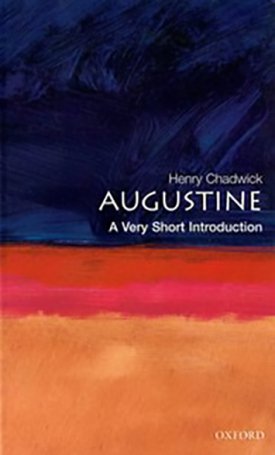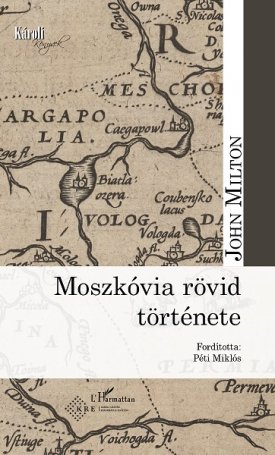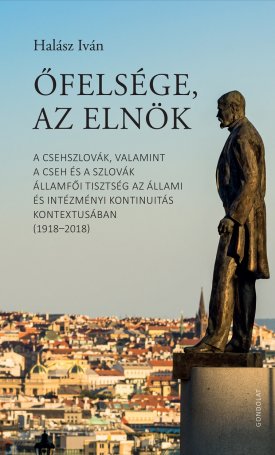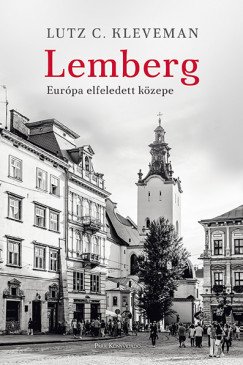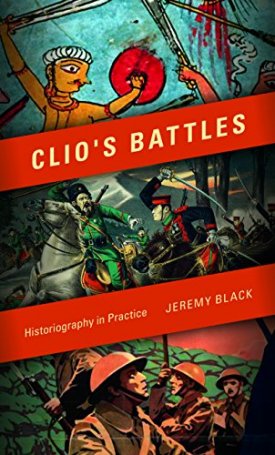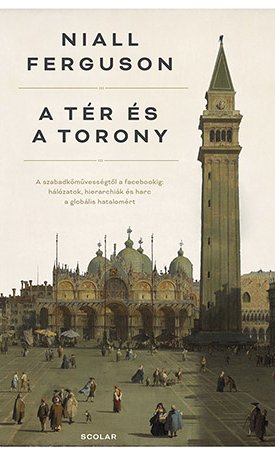Church in Ancient Society, The - From Galilee to Gregory the Great
-10%
14 950 Ft
13 455 Ft
Preorder(You have to login)
Discounted prices are valid only for orders placed through our webshop.
Church in Ancient Society, The - From Galilee to Gregory the Great
An authoritative yet accessible account by the expert on early Christianity
Offers a full and clear exposition
The Church in Ancient Society provides a full and enjoyable narrative history of the first six centuries of the Christian Church. Ancient Greek and Roman society had many gods and an addiction to astrology and divination. This introduction to the period traces the process by which Christianity changed this and so provided a foundation for the modern world: the teaching of Jesus created a lasting community, which grew to command the allegiance of the Roman emperor. Christianity is discussed in relation to how it appeared to both Jews and pagans, and how its Christian doctrine and practice were shaped in relation to Graeco-Roman culture and the Jewish matrix. Among the major figures discussed are Tertullian, Clement of Alexandria, Origen, Constantine, Julian the Apostate, Basil, Ambrose, and Augustine.
Following a chronological approach, Henry Chadwick`s clear exposition of important texts and theological debates in their historical context is unrivalled in detail. In particular, theological and ecclesial texts are examined in relation to the behaviour and beliefs of people who attended churches and synagogues. Christians did not find agreement and unity easy and the author displays a distinctive concern for the factors - theological, personal, and political - which caused division in the church and prevented reconciliation. The emperors, however, began to foster unity for political reasons and to choose monotheism. Finally, the Church captured the society.
Readership: Scholars and students of Church history, especially the early Church and the medieval Church, ancient and medieval history; clergy
Contents
Introduction
1. The First Followers of Jesus
2. The Jewish Matrix
3. Jews and Christians Survive Rome`s Crushing of Revolts
4. The Hebrew Scriptures in the Church
5. Interpreting Scripture: Philo and paul
6. Apostles and Evangelists
7. Women among Jesus` Followers
8. `Barnabas`, Jewish Christianity, Trouble at Corinth
9. Ignatius of Antioch
10. Didache
11. Marcion
12. Justin
13. Irenaeus of Lyon
14. The New Testament Text
15. Celsus: A Platonist Attack
16. Montanism: Perpetua
17. Tertullian, Minucius Felix
18. Clement of Alexandria
19. Julius Africanus
20. Hippolytus and Liturgy
21. Origen
22. Cyprian of Carthage
23. Dionysius of Alexandria
24. Paul of Samosata
25. Mani
26. Plotinos, Porphyry
27. Diocletian and the Great Persecution, Rise of Constantine
28. Constantine, Lactantius, and Eusebios of Caesarea
29. The Seeds of Reaction
30. The Church at Prayer
31. Athanasios, Marcellus, and the Gathering Storm
32. Fiasco at Serdica
33. Religious Division: A Note on Intolerance
34. Athanasios` Return: A Wind of Change
35. Constantius` Double Council of Unity
36. Julian and the Church
37. Damasus, Siricius, Papal Authority, Synesios of Cyrene
38. Basil of Caesarea (Cappadocia)
39. Ambrose
40. Ambrosiaster
41. Donatism
42. Monks: The Ascetic Life
43. Messalians; The Macarian Homilies
44. Schism at Antioch: The Council of Constantinople (381)
45. Jerome and Rufinus: Controversy about Origen
46. Pelagius, Celestius, and the Roman See in Gaul and North Africa
47. Julian of Eclanum: Augustine`s Critics in Gaul and North Africa
48. Augustine
49. John Chrysostom
50. Innocent I and John Chrysostom`s Honour. Alaric and the fall of Rome
51. The Christological Debate I: To the First Council of Ephesus
52. The Christological Debate II: From Reunion to a breakdown of unity (449)
53. The Christological Debate III; From the Second Council of Ephesus (449) to Chalcedon (451)
54. Chalcedon II: fall of Dioscoros. the emperor Leo`s Encyclia
55. The aftermath of the Council of Chalcedon; Zeno`s Henotikon
56. Justinian: Origen and the Three Chapters
57. The Church and the Barbarian Invasions in the West; Salvian, Sidonius, Caesarius
58. Worship after Constantine
59. Pope Gregory the Great (590 - 604)
60. Pilgrims
61. Penance
Further Reading
Dates of Roman Emperors
List of Bishops of Rome, Alexandria, Antioch, Constantinople, and Jerusalem
Publisher: Oxford University Press
Category: Történelem, Vallás, Vallás / kereszténység, Társadalomtörténet
Category: Történelem, Vallás, Vallás / kereszténység, Társadalomtörténet





